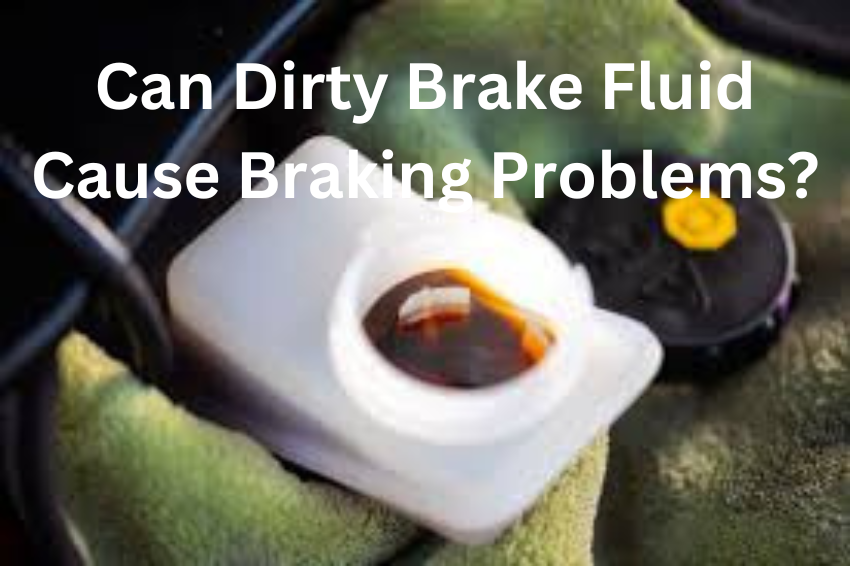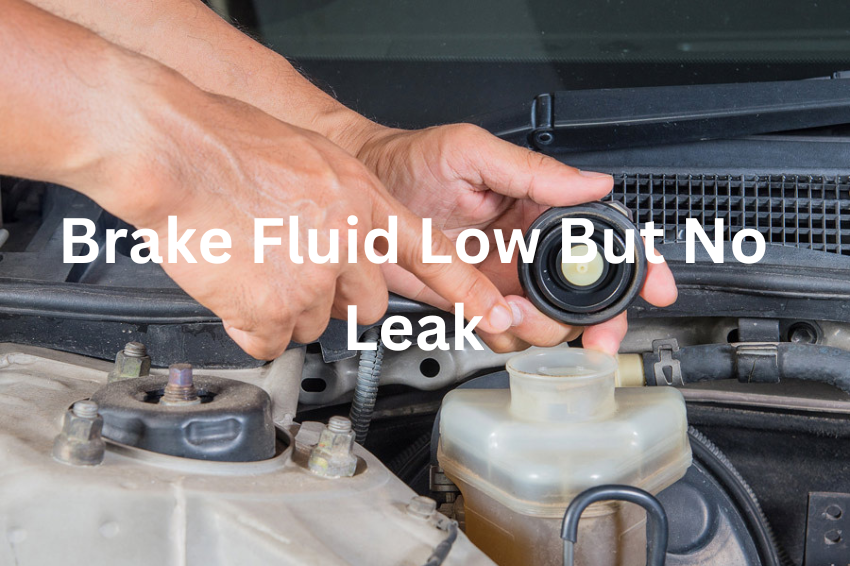Do You Have To Flush The Brake Fluid When Changing Brake Pads?
Changing brake pads doesn’t necessitate a brake fluid flush. However, flushing is recommended every 2-5 years or when the fluid appears dark/contaminated. Fresh fluid ensures optimal braking performance. Signs That Indicate I Need A Brake Fluid Flush Along With New Brake Pads Here are some signs to watch out for that could indicate your car … Read more









